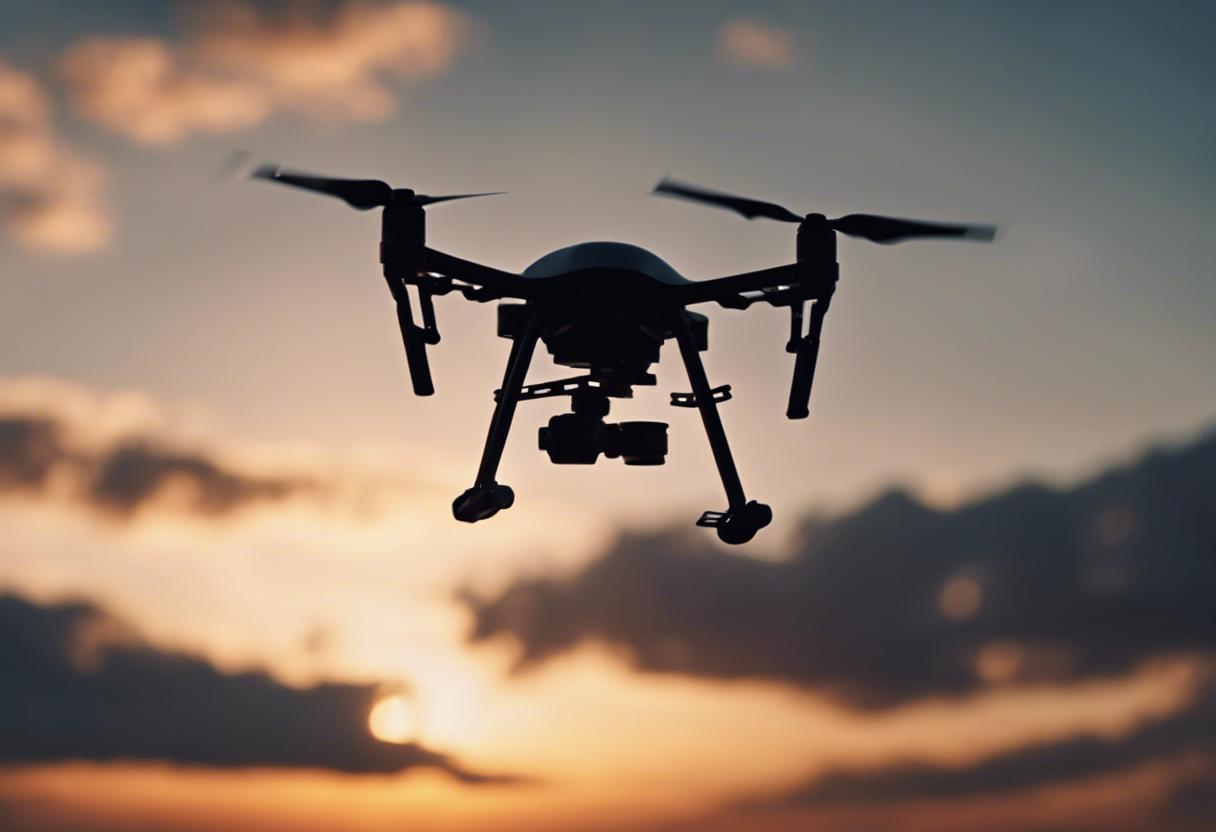There has been an unprecedented airstrike on a military base in the heart of Israel, by a drone launched by Hizbullah, resulting in the death of four soldiers, with seven others critically injured, according to information released by the Israeli Defence Forces (IDF). The militant group, based in Lebanon, carried out this deadliest attack since Israel commenced its land invasion of Lebanon about a fortnight ago.
Binyamina, a city in Israel, was the site of the retaliatory attack by Hizbullah, in response to earlier Israeli air raids on Beirut, which claimed 22 lives. Later reports from Hizbullah claimed that the attack was specifically targeted at Israel’s prestigious Golani brigade and distracted Israeli air defence systems with a barrage of missiles while the drones attacked.
Israel’s national emergency services reported 61 injuries from the attack, which is significant considering how effective the country’s air defence mechanisms usually are at averting casualties from missile or drone attacks.
Tensions between Hizbullah and Israel have been high, with nearly daily exchanges of fire since the conflict in Gaza began a year ago, and the recent escalation of violence is concerning.
The attack’s timing is notable, as it coincided with the announcement by the US that it intends to supply Israel with a new air defence system and the required personnel to operate it. The ongoing conflicts with both Hamas in Gaza and Hizbullah in Lebanon, militant groups supported by Iran, have led to speculation that an Israeli strike on Iran may be imminent, as a form of retaliation for a missile attack that took place earlier in the month. Iran has made it clear it would respond to any such attack by Israel.
Israel’s actions have raised international concerns, as evidenced by the reported incident involving the United Nations peacekeeping force, Unifil, in Lebanon. Israeli tanks reportedly forced their way into a position guarded by UN peacekeepers, destroyed the main gate and subsequently launched smoke rounds in the vicinity of the peacekeepers. This incident was condemned by Unifil as a “gross breach of international law”.
Criticism from the international community is increasing as the Israeli forces have been accused of repeatedly targeting UN peacekeepers since the beginning of the land operations in Lebanon. Five peacekeepers have reportedly been wounded in such attacks, with a majority of the blame being attributed to Israeli forces.
The Israel Defense Forces (IDF) has implicated Hizbullah as operating close to the peacekeeping forces. The IDF detailed an incident where during a conflict and subsequent evacuation attempt, a tank reversed into a United Nations outpost on Sunday, using a smokescreen for concealment. Lieutenant Colonel Nadav Shoshani, a military spokesperson, stated that the IDF maintains communication with Unifil. All episodes of UN peacekeepers coming to harm will be scrutinised at a superior level.
On Sunday, Binyamin Netanyahu, the Israeli prime minister, implored Unifil to adhere to Israeli evacuation directives, indicting them of acting as “human shields” for Hizbullah. He conveyed Israel’s regret over any harm caused to Unifil members, assuring all efforts are being made to prevent such incidents. He insisted the simplest measure to avoid harm would be to vacate the risk zone, in a video message directed at the UN secretary-general, who is presently barred from entering Israel.
Israel has been vocal about its belief in the UN’s adverse bias towards it, a contention that has worsened since the onset of the Gaza conflict. On October 7th, 2023, the day following an unexpected Hamas attack on Israel, Hizbullah launched rockets into Israel, provoking responsive air strikes. The tension climaxed in September, with Israeli strikes claiming the lives of Hizbullah’s head, Hassan Nasrallah, along with a majority of his high-ranking officers.
Earlier this month, Israel initiated a ground assault. Lebanon’s Health Ministry reported over 1,400 fatalities since September, making no distinction between Hizbullah combatants and civilians. Rocket attacks have caused roughly 58 deaths in Israel, with almost half being military personnel.
Israel confirmed it targeted Hizbullah venues within its most recent air attacks, which resulted in the destruction of a market dating back to the Ottoman era in Nabatiyeh, a city in southern Lebanon, leaving a minimum of one person dead and four wounded.
Separately, a second Israeli air strike on a devastated house in the south of Lebanon where Lebanese Red Cross paramedics were conducting a search for victims, resulted in four paramedics sustaining concussions and wrecked two ambulances. The Red Cross disclosed that the mission was coordinated with UN peacekeepers, who had accordingly informed the Israeli side.

